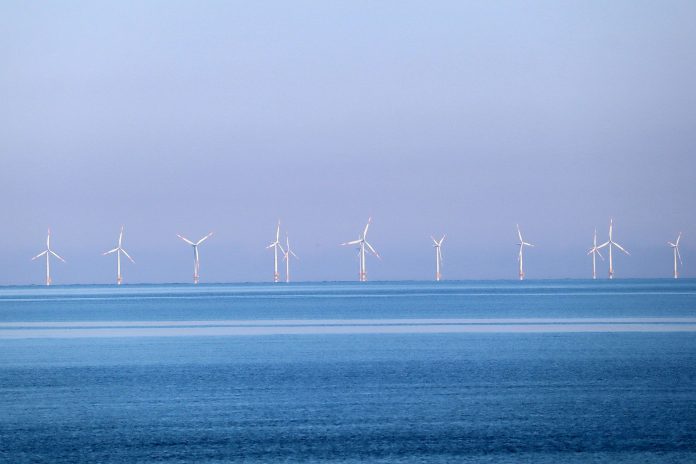Looming mismatch in copper, lithium, nickel, cobalt and rare earth element supplies.
The International Energy Agency (IEA) has issued a new study that warns accelerating adoption of technologies like electric vehicles and wind turbines will hit a wall if supplies of key minerals are not increased in the coming years.
The special report, The Role of Critical Minerals in Clean Energy Transitions, is the most comprehensive global study to date on minerals such as copper, lithium, nickel, cobalt and rare earth elements in relation to achieving a sustainable future. It makes several recommendations for policy-makers to ensure these critical minerals don’t become a bottleneck that hinders projects.
Fatih Birol, executive director of the IEA, said: “Today, the data shows a looming mismatch between the world’s strengthened climate ambitions and the availability of critical minerals that are essential to realising those ambitions. The challenges are not insurmountable but governments must give clear signals about how they plan to turn their climate pledges into action.”
The IEA reports that the mineral requirements of clean energy technologies differ profoundly from fossil fuel-based energy. A typical electric car requires six times the mineral inputs of a conventional car, while an onshore wind plant requires nine times more mineral resources than a similarly sized gas-fired power plant.
Having examined several technology pathways, the report highlights particular challenges for the rise of mineral demand for use in batteries for electric vehicles and grid storage – potentially growing at least 3,000% in the next twenty years. Material-intensive offshore wind will also present a major challenge, as will Solar power because of the vast increase in volume in that sector.
Recommendations promoting technological advances, scale up recycling to relieve pressure on primary supplies and strengthening international collaboration between producers and consumers.
Dr Birol said: “Left unaddressed, these potential vulnerabilities could make global progress towards a clean energy future slower and more costly – and therefore hamper international efforts to tackle climate change. This is what energy security looks like in the 21st century and the IEA is fully committed to helping governments ensure that these hazards don’t derail the global drive to accelerate energy transitions.”
Click here to read the The Role of Critical Minerals in Clean Energy Transitions.


















